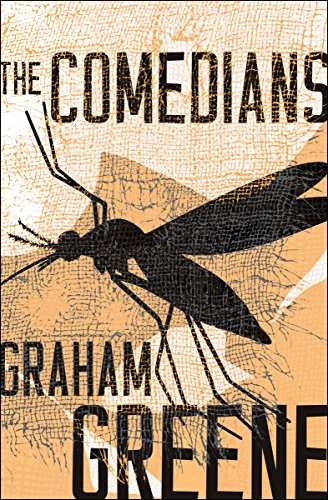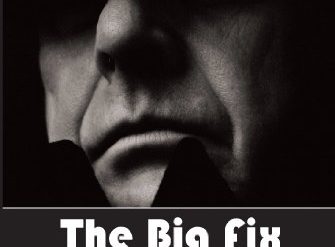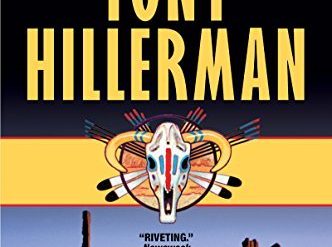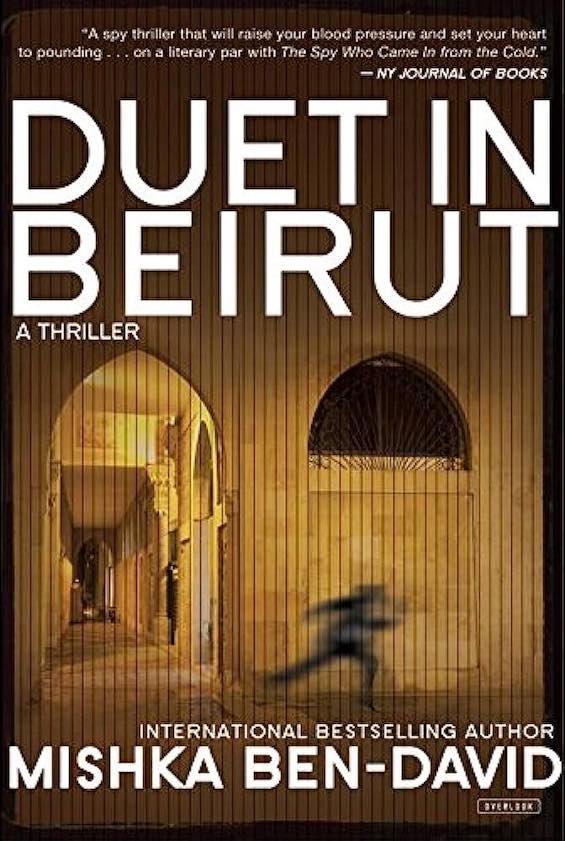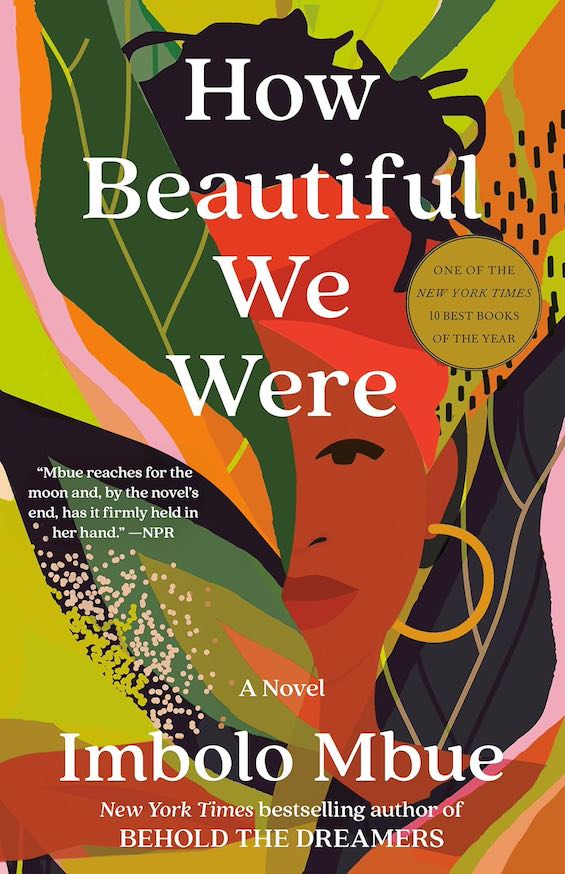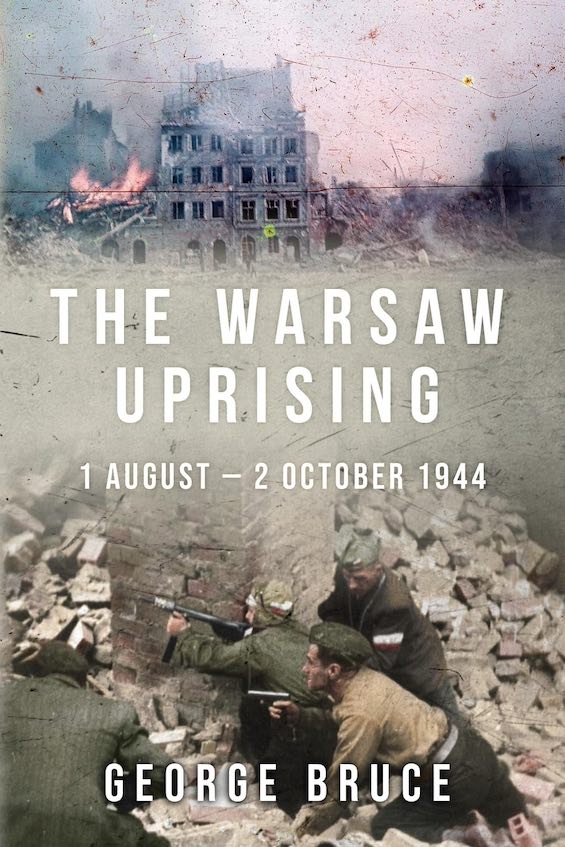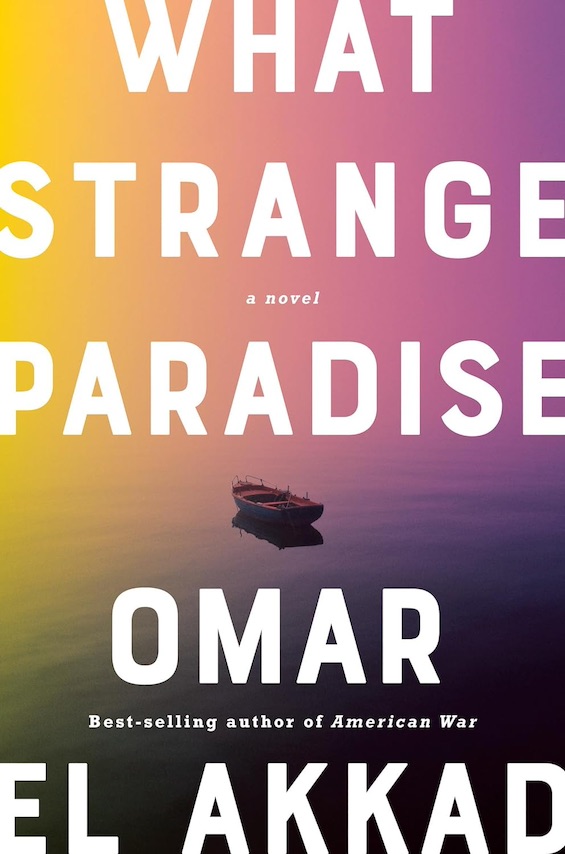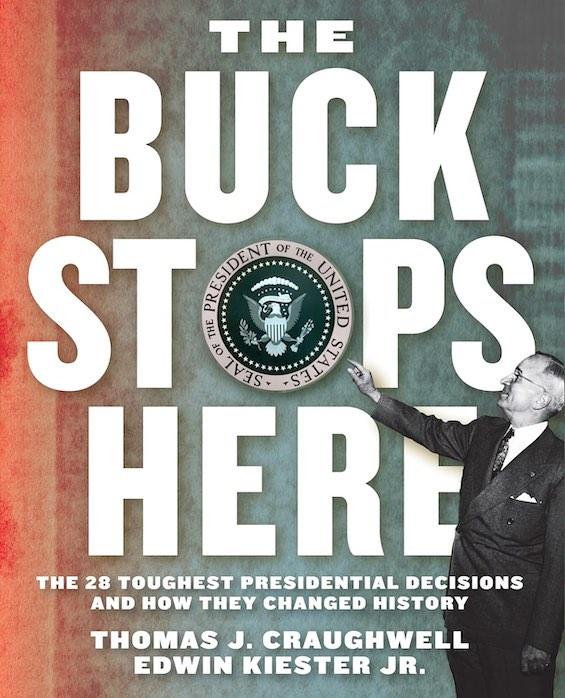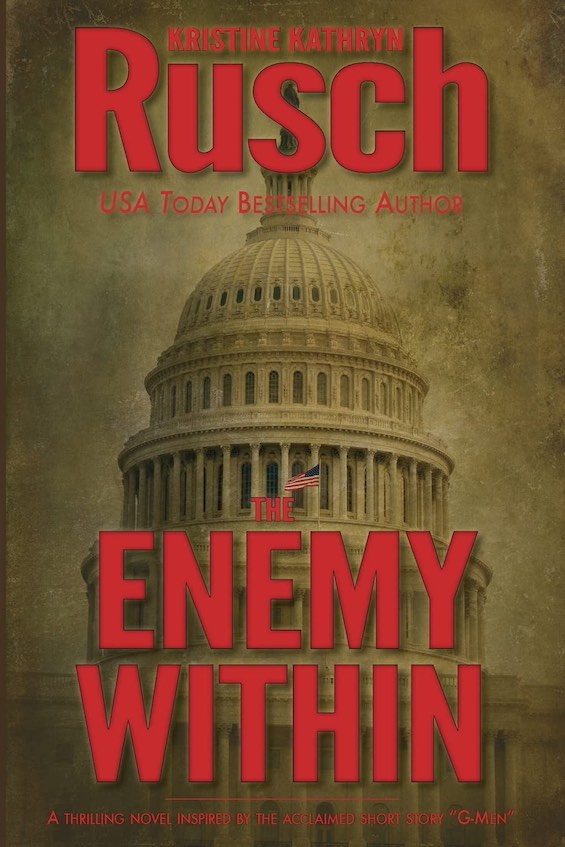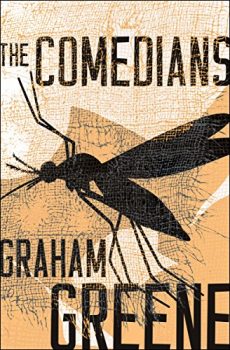
The term reign of terror has rarely been more apt than when it was applied to the regime of Haiti’s François “Papa Doc” Duvalier (1907-71). The former country doctor was elected President of Haiti in 1957 on a black nationalist platform but turned tyrannical the following year after thwarting a military coup. He ruled until his death in 1971, stifling and all too often murdering his opposition through an undercover government death squad called the Tonton Macoute. (The name means “bogeyman” in the local language.) And midway through Duvalier’s time in office, Graham Greene (1904-91) explored Haiti’s reign of terror through the eyes of expatriates in The Comedians.
Estimated reading time: 5 minutes
Three “comedians” observe Haiti’s reign of terror
The “comedians” of the title are a handful of Europeans and Americans whose lives intersect en route to Duvalier’s Haiti. The story revolves around three men who meet onboard ship on their way to Port-au-Prince. Their names—get this—are Smith, Jones, and Brown.
The Comedians by Graham Greene (1966) 290 pages ★★★★☆
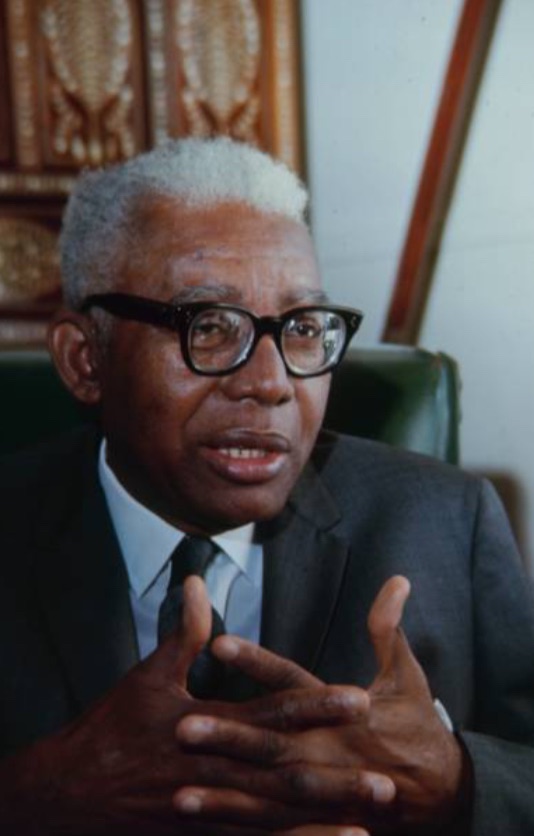
Mr. Smith
Mr. Smith is a wealthy older American who had run against Harry Truman in the 1948 presidential election . . . on the vegetarian ticket. (He received 10,000 votes.) He and Mrs. Smith are traveling to the island in hopes of establishing an institute to promote vegetarianism. They believe that a strict vegetarian diet will lower the level of acidity and thus “eliminate passion.” Mr. Smith quickly gains the label Presidential Candidate, with a capital P and a capital C, which sufficiently impresses the Haitians that he is able to meet with Papa Doc himself to make his pitch.
Mr. Jones
Mr. Jones, who styles himself as Major Jones, is a middle-aged Englishman who may or may not have a military background. However, he does go on and on about fighting in Burma in World War II with a unit “like Wingate’s” and possessing the talent to smell water. We learn nothing of his purpose in visiting Haiti until much later.
Mr. Brown
Greene’s protagonist is Mr. Brown, a wandering Englishman who had been born in Monaco of a father he never knew and a mother who left him stranded at college with his tuition unpaid. She bore the title Comtesse de Lascot-Villiers until her death of a heart attack in the arms of her Haitian lover. Now, Brown is the owner of the run-down hotel she had somehow acquired on the outskirts of Port-au-Prince. He is returning there after a long absence overseas in hopes of resuming his affair with the beauteous Madame Martha Pineda, the much younger German wife of a fat and feckless South American ambassador.
A cast of characters caught up in a tragedy
In the pages of The Comedians, you’ll also meet Doctor Philipot, Duvalier’s ousted Secretary of Social Welfare; a diminutive gossip columnist known as Petit Pierre; a ranking officer in the Tonton Macoute, Captain Concasseur; the local Communist, Doctor Magiot; and the long-suffering Joseph, Brown’s right-hand man at the Hotel Trianon who had suffered torture at the hands of the Tonton Macoute. It’s a decidedly light-hearted treatment of a tragic scene: there are few more tragic episodes in the history of the Western Hemisphere than Haiti’s reign of terror.
Greene writes convincingly of the expatriate’s dilemma. Brown muses, “There are those who belong by their birth inextricably to a country, who even when they leave it feel the tie. And there are those who belong to a province, a county, a village, but I could feel no link at all with the hundred or so square kilometers around the gardens and boulevards of Monte Carlo, a city of transients. I felt a greater tie here, in the shabby land of terror, chosen for me by chance.” If you’ve traveled extensively, as I have, you’ve no doubt come across characters like this.
The United States comes off poorly in this novel
In The Quiet American, published a decade earlier, Greene eviscerated American undercover operations in Vietnam in the long run-up to the country’s fateful war there. The US comes in for similar treatment in The Comedians, taken to task for the knee-jerk anti-Communism that led a generation of American leaders to support some of the world’s most odious tyrants. From that era and region, Duvalier in Haiti and Somoza in Nicaragua come most readily to mind. But there were many others. And, sad to say, the practice continues, even flourishes. Around the world, many countries are experiencing their own versions of Haiti’s reign of terror . . . while their leaders enjoy the support of the United States government.
Did Graham Greene write this novel on a dare?
Now, you may wonder, as I did, whether Graham Greene wrote this book on a dare. I imagine some mischievous friend challenging him to write a novel about three men named Smith, Jones, and Brown, and—lo and behold—here it is. Greene notes the coincidence with a verbal eyeroll on enough occasions in the course of the tale to reinforce that impression. It’s just one of the comic elements in what, after all, is the challenge to tell a digestible story about a subject that would seem to be beyond our capacity to stomach it.
For related reading
I’ve reviewed two other novels by Graham Greene: The Quiet American (The classic Vietnam novel) and The Power and the Glory (Graham Greene’s “masterpiece” about the repression of the Mexican Church). I’ve also reviewed Ben Fountain’s superb novel of Haiti, Devil Makes Three by Ben Fountain (A dramatic tale of a military coup in Haiti).
And I’ve reviewed two other novels, both excellent, about political upheaval in Latin America:
- Red April by Santiago Roncagliolo (The brutal legacy of terrorism in the Andes)
- Harsh Times by Mario Vargas Llosa (When the CIA overthrew the Guatemalan government)
You might also enjoy my posts:
- Top 10 mystery and thriller series
- 20 excellent standalone mysteries and thrillers
- 30 outstanding detective series from around the world
- Top 20 suspenseful detective novels
- Top 10 historical mysteries and thrillers
And you can always find my most popular reviews, and the most recent ones, on the Home Page.

